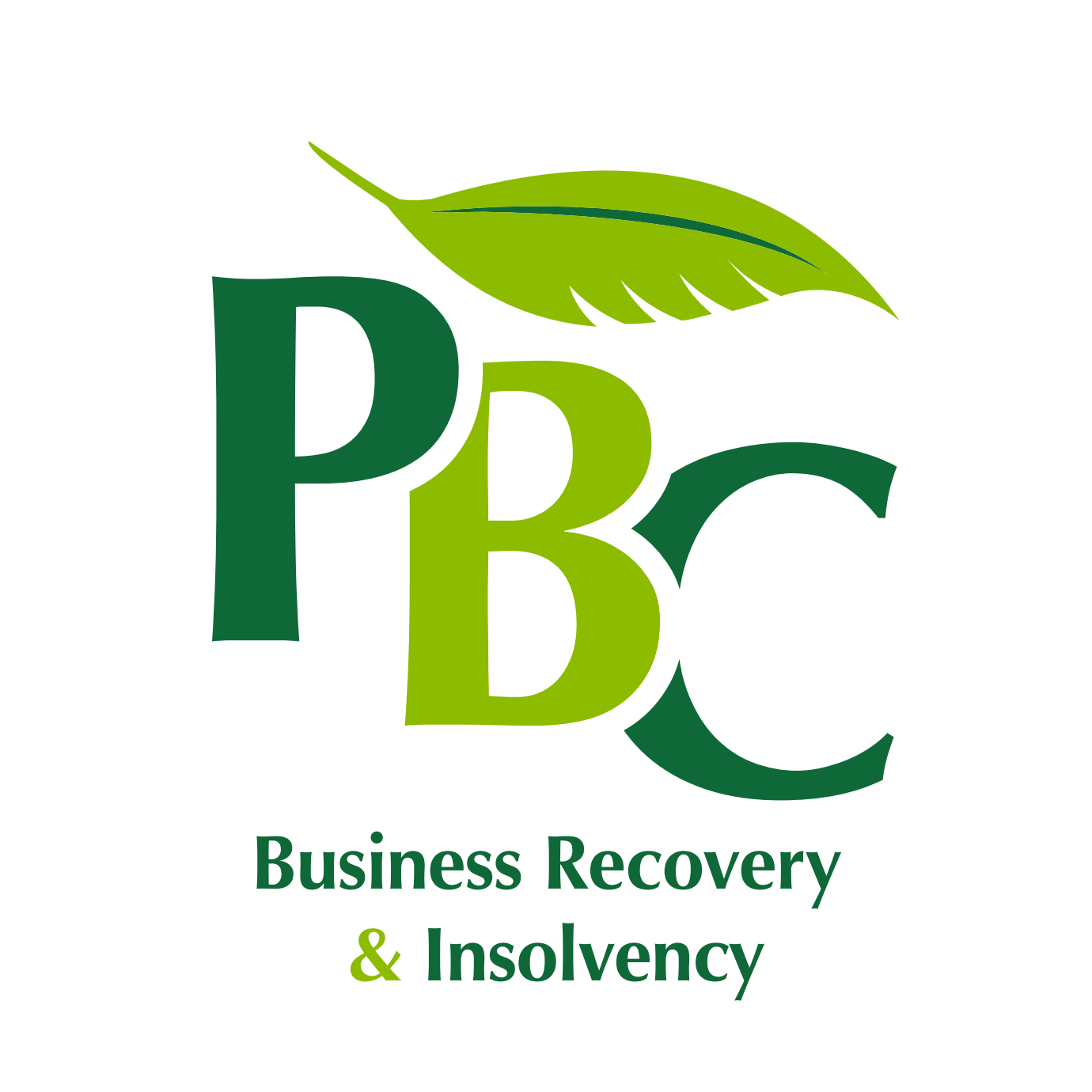Are you fighting claims against you from your Insolvency Practitioner?
Are you fighting claims against you from your Insolvency Practitioner – How can PBC Business Recovery & Insolvency Help?
Are you fighting claims against you from your Insolvency Practitioner?
In these situations it is common to feel under pressure and uncertain as to where you should turn. Understandably because you have a claim against you from an insolvency practitioner you may not want to discuss the matter with another insolvency practitioner. However we are amongst the best people to help you in these situations because it is the classic ‘poacher turned into gamekeeper’ scenario.
Our knowledge allows us to understand the nature of a claim, its merits and how best to defend yourself. If the claim does have merits we will explain why and help your negotiations towards a mutually acceptable settlement.
PBC also has one of the very few appointment taking licensed insolvency practitioners who is qualified as a mediator. Gary Pettit is accredited by the Centre of effective Dispute Resolution and therefore is well placed to help you agree a settlement.
Finally if the matter becomes more serious you may require legal assistance. We can recommend the right people with the relevant experience to deal with your situation.
An Insolvency Practitioner has a legal duty to review the director’s conduct where a company is subject to administration, administrative receivership or an insolvent liquidation. This generally includes a review of the company’s bank statements for at least the previous 12 months, movements in the company’s assets and liabilities in the last balance sheet as compared to the final statement of affairs to also considering whether or not a director has been trading whilst insolvent.
In most cases this work is completed and no further action arises. In a limited number of cases claims may be made for the following antecedent transactions :
• A transaction at an undervalue. For example, a company car has been sold for significantly less than its normal market value.
• A preference. A creditor has been placed in a better position than had the preference not occurred. For example, an exceptional payment is made to a creditor who holds the personal guarantee of a director.
• A misfeasance. A director has done something which is not in the best interest of the company and caused a financial loss.
• Wrongful or Insolvent trading. A director has traded the company beyond the point when they knew or ought to have known there was no reasonable prospect of avoiding insolvent liquidation. Wrongful trading generally only applies if the aggregate liability of the company has materially increased since they ought to have recognised insolvency.
• Illegal dividends. Where dividends taken are in excess of the company’s available reserves.
This is not an exhaustive list but a summary of the main claims that may be made for personal liability against officers of the company.
Clearly as a director these claims can be very concerning and because they are against you personally they have an impact on your personal assets and potentially on your vocation.
Are you fighting claims against you from your Insolvency Practitioner – How can PBC Business Recovery & Insolvency Help?
Telephone (01604) 212150 (Northampton office) or (01908) 488653 (Milton Keynes office)

